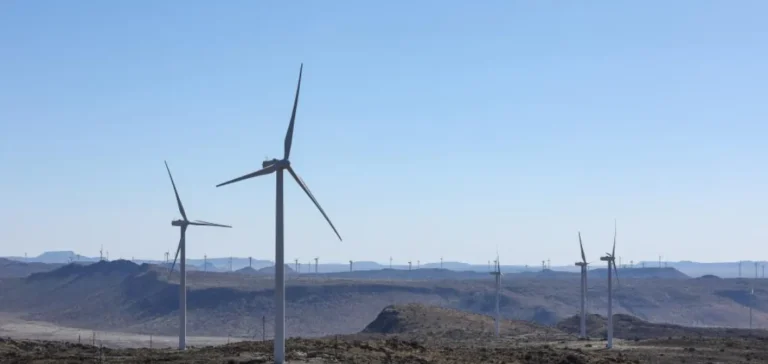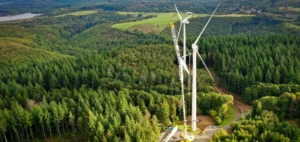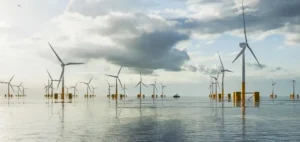Completed in 2017, the De Aar wind farm, located in South Africa’s Northern Cape Province, represents the first project of its kind developed, built and operated by a Chinese company on the continent. Operated by Longyuan South Africa Renewables Ltd., a subsidiary of China Energy Investment Group through Longyuan Power Group Corporation Ltd., it has a total installed capacity of 244.5 megawatts.
With an initial investment of CNY2.5bn ($352mn), the site consists of 163 turbines producing approximately 770 million kilowatt-hours of electricity annually, supplying power to 300,000 South African households. It is currently the largest operational wind farm in the country, contributing directly to alleviating electricity shortages.
Local skills development strategy
Beyond electricity production, Longyuan SA has focused on training a South African workforce. More than 110 young technicians have been trained since the project’s inception, with 80% of them joining the company in operational or management roles. These recruitments include hands-on training at the site and technical college education in Cape Town, fully funded by the company.
One of the current technician trainees stated that the company covered all tuition, transport and housing expenses. These initiatives are part of a broader approach to long-term skills development in the renewable energy sector.
Local-scale social programmes
Longyuan SA allocates ZAR4.5mn ($263,200) annually to a scholarship programme that has enabled 390 students from low-income backgrounds to pursue higher education. Community infrastructure has also been renovated, including a local sports field now actively used by the youth of De Aar.
Since 2020, a mobile clinic funded by the company has toured the region to provide free dental and eye care services to around 9,000 residents per year. The initiative has benefited over 50,000 people to date, according to company data.
Investments in public infrastructure
The company has also undertaken partial rehabilitation of the local water system, replacing several ageing pipelines and cleaning reservoirs to secure safe drinking water for more than 2,000 residents. In parallel, it provides financial support to elderly care centres and has opened several free early childhood centres for children from low-income families or with special needs.






















